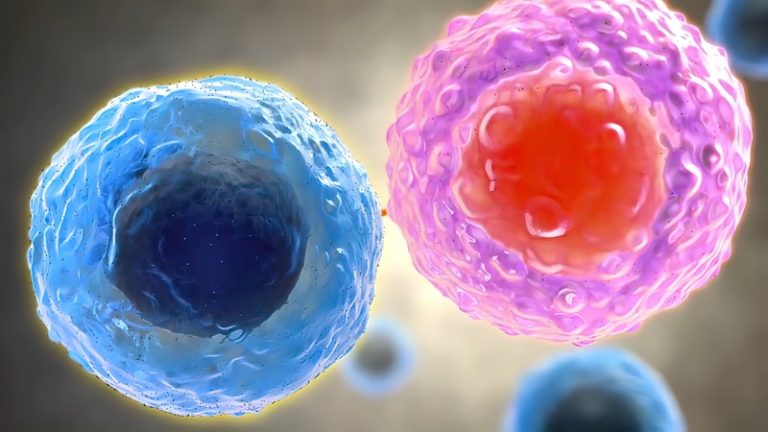Interferons (IFNs) are a group of signaling proteins synthesized and released by host cells in response to pathogens such as viruses, bacteria, parasites, or tumor cells. Under normal circumstances, virus-infected cells release interferon, which allows surrounding cells to improve their antiviral defenses. Based on the receptor type, human interferons can be divided into 3 main types: type I interferons, including IFN-α, IFN-β, IFN-ε, IFN-κ, and IFN-ω, type II interferons (called IFN-γ in humans), and type III interferons.

IFN-α protein is produced by white blood cells and is primarily involved in innate immunity in response to viral infection. Studies have shown that enhancing the expression of IFN-α in tumor-infiltrating macrophages can lead to more potent dendritic cell activation and immune effector cytotoxicity. IFN-α acts as a thermogenic factor and can cause fever by altering the activity of heat-sensitive neurons in the hypothalamus. Using a similar mechanism, IFN-α can be used to reduce pain and interact with μ-opioid receptors as analgesics. IFN-β up-regulates and downregulates a variety of genes through the signaling pathways STAT1 and STAT2, and most of the genes are involved in the antiviral immune response. IFN-β plays an important role in inducing a wide range of non-specific antiviral infections, and it also influences cell proliferation and regulates immune responses.
IFN-γ or type II interferons play an important role in innate and adaptive immunity against viral, certain bacterial, and protozoan infections. IFN-γ is an important activator of macrophages and an inducer of the expression of the major histocompatibility complex type II (MHC II). Aberrant expression of IFN-γ has been associated with many autoinflammatory and autoimmune diseases. In addition to directly inhibiting viral replication, the importance of IFN-γ to the immune system is reflected in its immunostimulatory and immunomodulatory functions.


